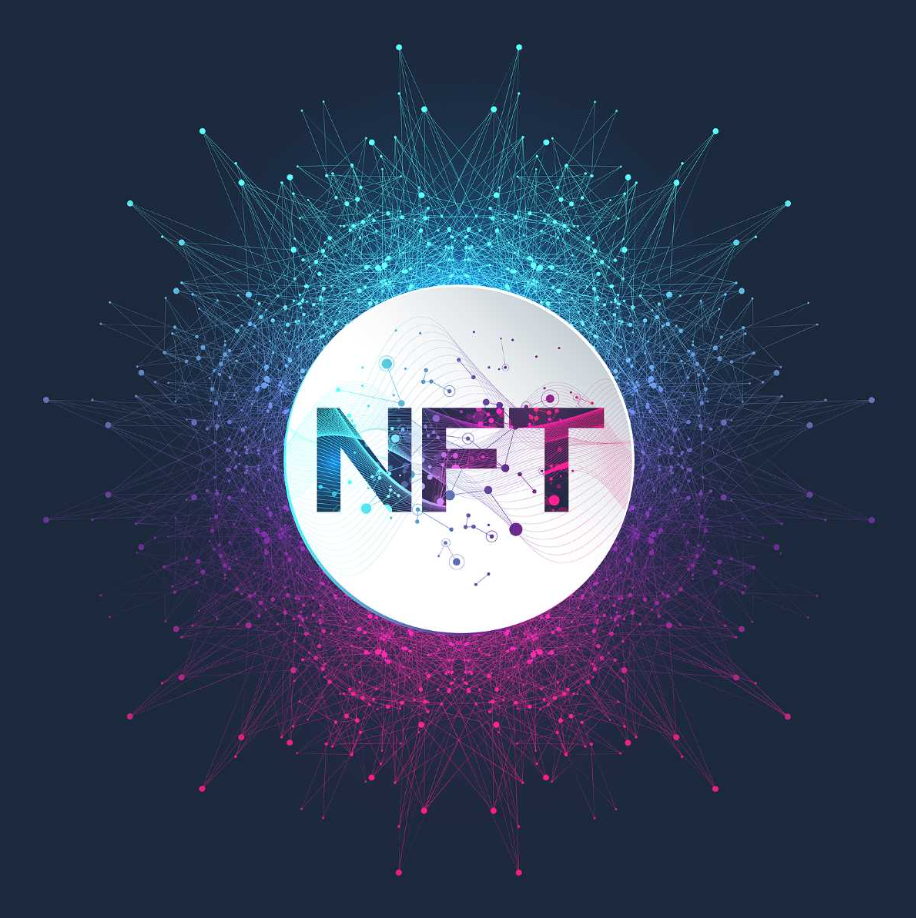In the rapidly evolving blockchain technology sphere, Qtum has emerged as an innovative and distinctive blockchain type. This hybrid blockchain marries the superior features of Bitcoin and Ethereum, offering a versatile platform for an array of applications such as smart contracts and decentralized applications. Online trading platforms like Immediate connect might greatly benefit from Qtum's unique attributes, including a hybrid consensus mechanism balancing security, decentralization, and energy efficiency.
Qtum is a decentralized blockchain platform born from a fusion of Bitcoin's and Ethereum's standout characteristics. The goal of this blockchain is to provide a secure, scalable, and versatile platform that supports a diverse array of decentralized applications and use-cases.
One defining characteristic of Qtum is its hybrid consensus mechanism, which fuses Proof of Work (PoW) and Proof of Stake (PoS). This system empowers nodes on the network to validate transactions and forge new blocks while maintaining a stake in the network, which bolsters the network's security, decentralization, and energy efficiency.
Qtum integrates a smart contract layer, enabling developers to formulate and launch decentralized applications (Dapps) on its platform. These Dapps, which can span finance, gaming, social networking, and more, rely on the Ethereum Virtual Machine (EVM), facilitating developers in transferring their existing Ethereum-based Dapps to the Qtum platform.
Qtum offers several significant advantages over other blockchain platforms, including:
- Scalability: Qtum is engineered to be a scalable platform, accommodating a vast number of transactions per second.
- Flexibility: Qtum can adapt to a diverse range of applications, ranging from smart contracts and decentralized applications to enterprise-level solutions.
- Security: Qtum uses a hybrid consensus mechanism, merging PoW and PoS to ensure maximum security while preserving energy efficiency.
- Interoperability: Qtum is crafted to be compatible with existing blockchain platforms, enabling its use in tandem with other blockchains and protocols.
Qtum functions using a UTXO model, akin to Bitcoin's blockchain. Each transaction output remains unspent until used as an input for a new transaction, ensuring transparency and verifiability of all transactions on the blockchain. It also includes a smart contract layer similar to Ethereum, enabling the development and deployment of Dapps.
Qtum's unique consensus mechanism combines PoW and PoS, incentivizing nodes on the network to act in the network's best interest and discouraging malicious behavior. The governance model of Qtum also stands out, enabling stakeholders to vote on network changes, thereby ensuring decentralization and stakeholder influence on the project's trajectory.
Potential applications for Qtum include:
- Decentralized Finance (DeFi): Utilizing Qtum for developing decentralized financial applications, like lending platforms, decentralized exchanges, and stablecoins.
- Supply Chain Management: Deploying Qtum for creating secure and transparent supply chain management solutions.
- Identity Management: Using Qtum to develop secure, decentralized identity management systems.
- Gaming: Leveraging Qtum for developing decentralized, secure, and transparent gaming platforms.
In conclusion, Qtum is a unique hybrid blockchain that blends Bitcoin's security with Ethereum's smart contract functionality. It's a scalable, flexible platform that caters to various decentralized applications and use-cases. With its hybrid consensus mechanism, unique governance model, and interoperability with other blockchains, Qtum is poised to be a leading force in the world of blockchain technology.










